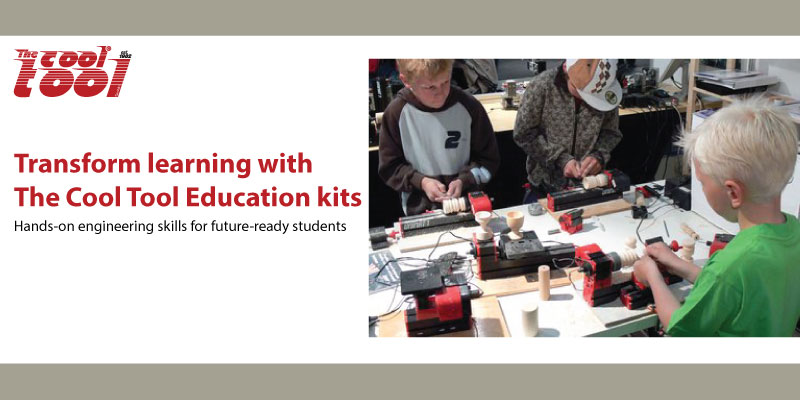Introduction to Mechanical Engineering as a vocational subject is gaining popularity in IB schools across Dubai where the focus is more on hands-on learning vs. lengthy theoretical understanding. Engineering is no longer limited to university students. With increased awareness and adaptability of STEM (Science, Technology, Engineering, Mathematics), parents have started to believe in a holistic approach to learning. Let’s explore the changing face of practical mechanical engineering education in schools through this Blog.
Hands-On Learning with Real-world Applications
The emphasis on experiential learning is one of the best things about the program. Students learn to use engineering ideas in real-world projects rather than just reading about them in textbooks. Envision a school where kids create robotic arms, tiny wind turbines, or bridges. These projects assist students in grasping how mechanical engineering affects daily life.
This strategy is made possible by using vocational training kits made available by The Cool Tool Education team. For example, students can utilize the student-friendly UNIMAT CNC machine to make DIY items with precision in the classroom.
Developing Essential Skills
More than just creating cool things, practical mechanical engineering lessons in school help students acquire skills that they will need for the rest of their careers. The core competencies of these programs are creativity, critical thinking, and problem-solving.
The Cool Tool Education kits offer a flexible yet regulated learning environment to facilitate the development of these skills. Students are encouraged to experiment, fail, and try again thanks to their tools and resources. A student aiming to create a wooden pen stand can utilize the jigsaw to cut the base, refine it with the sander, and drill holes for pen slots. Now, if the initial cut is uneven, the student can use the sander to rectify the error and try again until a satisfactory outcome is reached.
Bridging the Gap Between Theory and Practice
The disconnect between theory and practice is one of the most frequent accusations leveled at traditional schooling. Pupils frequently acquire knowledge about abstract ideas without comprehending their practical applications. This gap is filled by vocational mechanical engineering programs, which demonstrate to students the real-world applications of theoretical concepts. For instance, physics students may study forces and motion, and then in their engineering class, they may use those concepts to design and construct a working catapult using the Unimat ML Technics kit by Cool Tool Education.
Preparing Students for the Future
It is more crucial than ever to get our youngsters ready for the future in the quickly evolving world of today. This is precisely what vocational subjects in schools accomplish. Additionally, these programs foster a love of STEM, which can lead to higher education and employment in related fields.
An important part of this preparation is the Cool Tool Education kits. Their extensive toolkit and materials are made to conform to industry standards, guaranteeing that students are gaining employable and relevant skills. The Cool Tool Education materials help students understand the significance of what they’re studying and how it may lead to exciting careers by offering a pathway from school to industry.
Fostering Collaboration and Teamwork
Mechanical engineering is rarely a solitary pursuit; cooperation and teamwork are essential. Vocational programs highlight these elements by promoting group project work among students. This cooperative setting is similar to the real workplace, where engineers frequently collaborate in groups to find solutions to challenging issues.
Through teamwork-intensive projects and activities, Cool Tool Education facilitates collaborative learning. Students are learning how to share ideas, communicate clearly, and play to one another’s strengths when they collaborate to develop a machine or troubleshoot an issue. These are vital abilities that will help them in any line of work.
Schooling is becoming more relevant, useful, and entertaining thanks to vocational courses. These programs are positioning students for success by combining practical learning, honing crucial skills, bridging the theory-practice gap, preparing them for the future, and encouraging teamwork.







Recent Comments